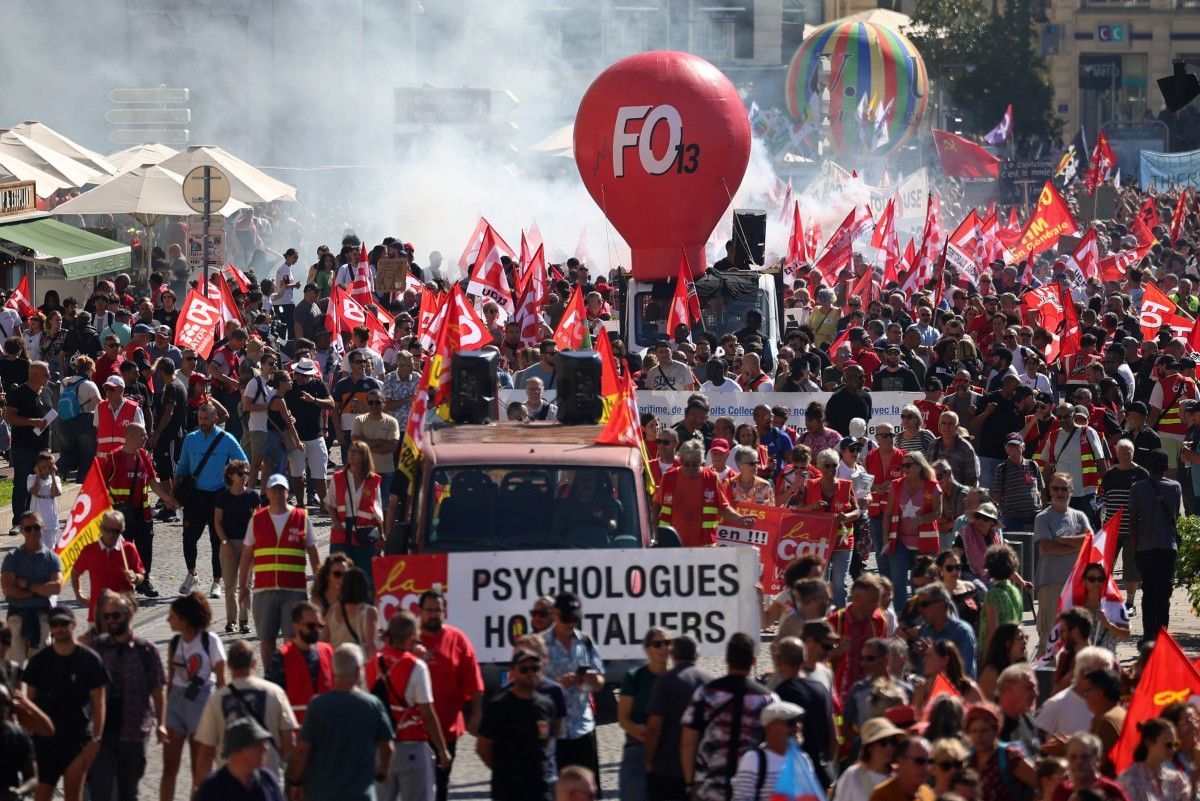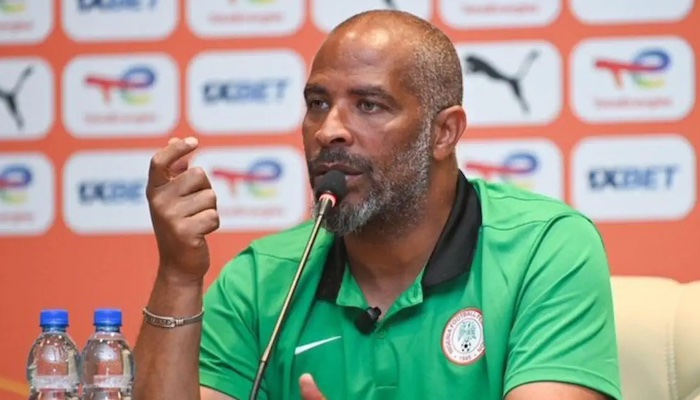
France was rocked on Thursday by mass protests and strikes as tens of thousands of demonstrators staged a coordinated “day of anger” against President Emmanuel Macron’s austerity measures, crippling public services and sparking violent clashes with police.
The unrest brought much of the country to a standstill: schools were shut, transport networks paralysed, and pharmacies shuttered as trade unions mounted a rare united front.
According to the Interior Ministry, between 600,000 and 900,000 people were expected to take part nationwide, with more than 76,500 already on the streets by midday.
Prime Minister Sébastien Lecornu—Macron’s seventh head of government and a close ally appointed just last week—has promised a “break from the past” to calm the turmoil. But his assurances have failed to sway unions or the public, still seething over a draft €44 billion ($52 billion) cost-cutting budget prepared by his predecessor, François Bayrou.
“We’re tired of being squeezed while the rich get richer,” said Bruno Cavalier, a 64-year-old protester in Lyon, holding a placard reading: “Smile, you are being taxed.”
Despite Lecornu’s pledges to scrap controversial perks for former prime ministers and abandon plans to eliminate two public holidays, resentment remains deep.
Streets on Fire
Authorities deployed more than 80,000 police and gendarmes, backed by drones, armoured vehicles, and water cannons to contain the unrest. Tear gas was fired in Paris and Marseille to disperse unauthorised rallies, and in Marseille, video footage captured a policeman kicking a protester to the ground. Police insisted they had faced “hostile” demonstrators.
In Lyon, a France TV journalist and a police officer were injured in skirmishes with masked youths, while in Lille, protesters blocked bus depots in pre-dawn union actions. Even schoolchildren joined the revolt, with 300 pupils barricading access to Maurice Ravel secondary school in Paris under banners reading: “Block your school against austerity.”
Disruption Nationwide
The strikes hit hard across sectors: around one in six teachers walked out of classrooms, nine in ten pharmacies closed their doors, and the Paris Metro was crippled, with only its three driverless lines running normally.
Union leaders hailed the scale of mobilisation. “We’ve recorded 260 demonstrations across France,” said Sophie Binet, head of the powerful CGT union. “There are thousands of strikes in workplaces everywhere.”
For many on the streets, the message was clear. “We want the government to see that we’re fed up—fed up with endless taxes and with struggling just to make ends meet,” said Samuel Gaillard, a 58-year-old garbage truck driver in Lille.
As dusk approached, France remained on edge, its political crisis deepening—and Macron’s government facing one of its sternest tests yet.



